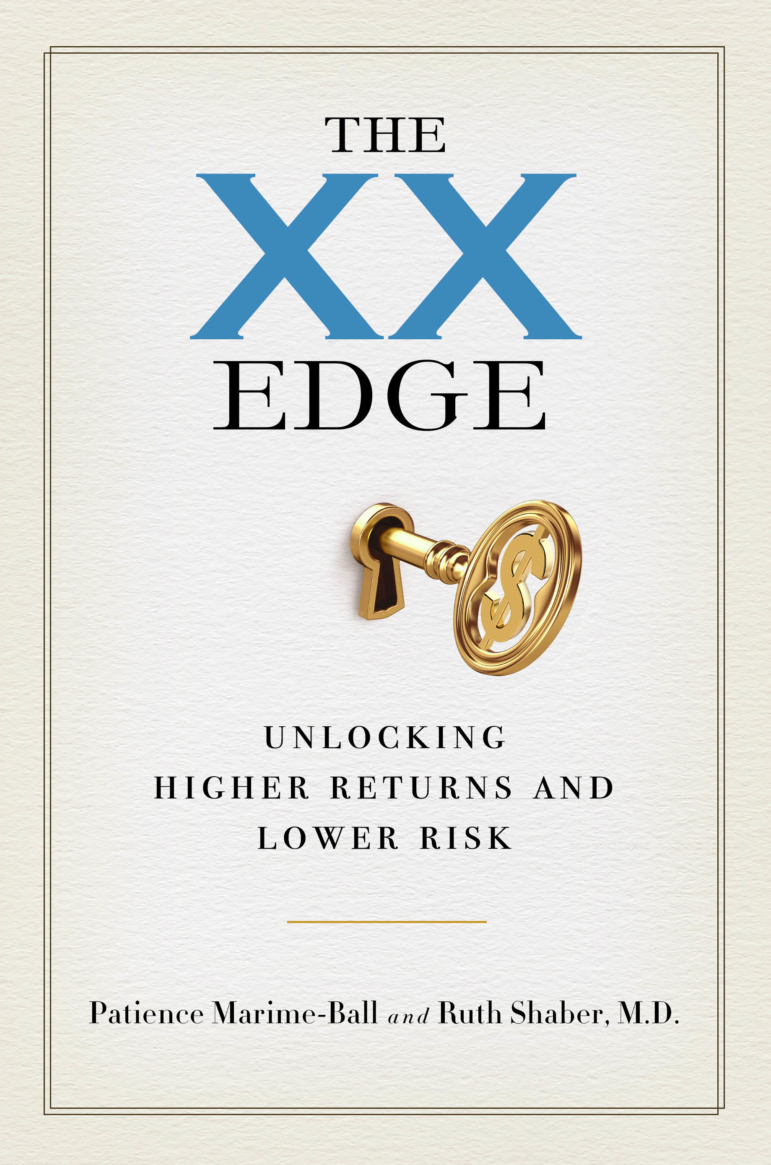[ad_1]
Ruth Shaber, MD, the founder and president of the Tara Health Foundation, which promotes health, well-being, and opportunity for women and girls through innovative evidence-informed programs, is also a renowned impact investor and author of the new book, The XX Edge: Unlocking Higher Returns and Lower Risk.
In a recent Q&A with Women’s eNews, she discusses how the overturning of Roe v. Wade will not only transform women’s reproductive health, but also the US economy.
WEN: Where do you believe the gender-divide in investing stems from, where women do not envision successful roles as investors?
RS: This is a multifactorial issue. Historically, women haven’t had role models in the financial industry and haven’t been encouraged to pursue careers in finance. Financial institutions have not been intentional about hiring and promoting women into seats of real decision making thereby making the mid-office roles more female dominated. Furthermore, investing for quick returns is a male tendency. With the recent growth in ESG investing which tends to value longer term gains, we will see women in asset allocation and investing seats.
WEN: Why do you believe that gender-inclusive teams are more profitable?
RS: Diverse teams bring new skills and experiences to the decision making rooms. All people have blind spots (based on their own experiences and exposures) – when people with diverse backgrounds are analyzing a problem or building a solution, they are more likely to recognize risks and see opportunities that others might overlook. Gender inclusive teams will likely identify different opportunities and manage downside risks better resulting in increased profitability.
WEN: What skills do you believe women uniquely contribute to successful investing, that men do not?
RS: The following are tendencies, and not absolutes. Women tend to be more collaborative and less driven by ego. They tend to evaluate risk differently than men and are less willing to sacrifice long term gains for short term rewards. These are skills that enhance rigorous financial assessments.
WEN: Are there specific industries where female founders perform better than males and, if so, why?
RS: At the founder level, we know that women excel when they have adequate capital because they tend to run operations in a capital efficient manner. We would expect that women would also excel when the products or services are addressing issues where they are closest to – for instance in healthcare, education, the care economy, etc. But, in all cases, the results will be the best when teams are gender diverse – rather than being all men or all women.
WEN: Since women are clearly more successful than men as investors, CFOs and founders of companies, why do you believe they still face more challenges/objections than men when taking on these roles?
RS: Our data indicates that gender-diverse teams outperform across a number of metrics relative to male-only peers. The challenges that women face in financial leadership are institutional and cultural – including the absence of role models or mentors and different evaluation standards or expectations.
In her book, Ruth also discusses how and why Roe v. Wade will affect women’s role in the workforce and as a result, a business’s bottom line, including:
Ruth Shaber, MD is the founder and president of the Tara Health Foundation, which promotes health, well-being, and opportunity for women and girls through innovative evidence-informed programs. She is also the co-founder and board chair of Rhia Ventures, a group of foundations and investors that collaborate to bring new types of capital and enterprise to the field of reproductive health in the United States. Ruth had a robust career as an Obstetrician and Gynecologist at Kaiser Permanente from 1990 to 2012. Ruth was featured in Forbes 2020 Impact 50: Investors Seeking Profit—and Pushing for Change for her contributions to the field of impact investing. The Tara Health Foundation is also being honored by Women’s eNews as a ‘21 Leader for the 21st Century’ in 2022.
[ad_2]












